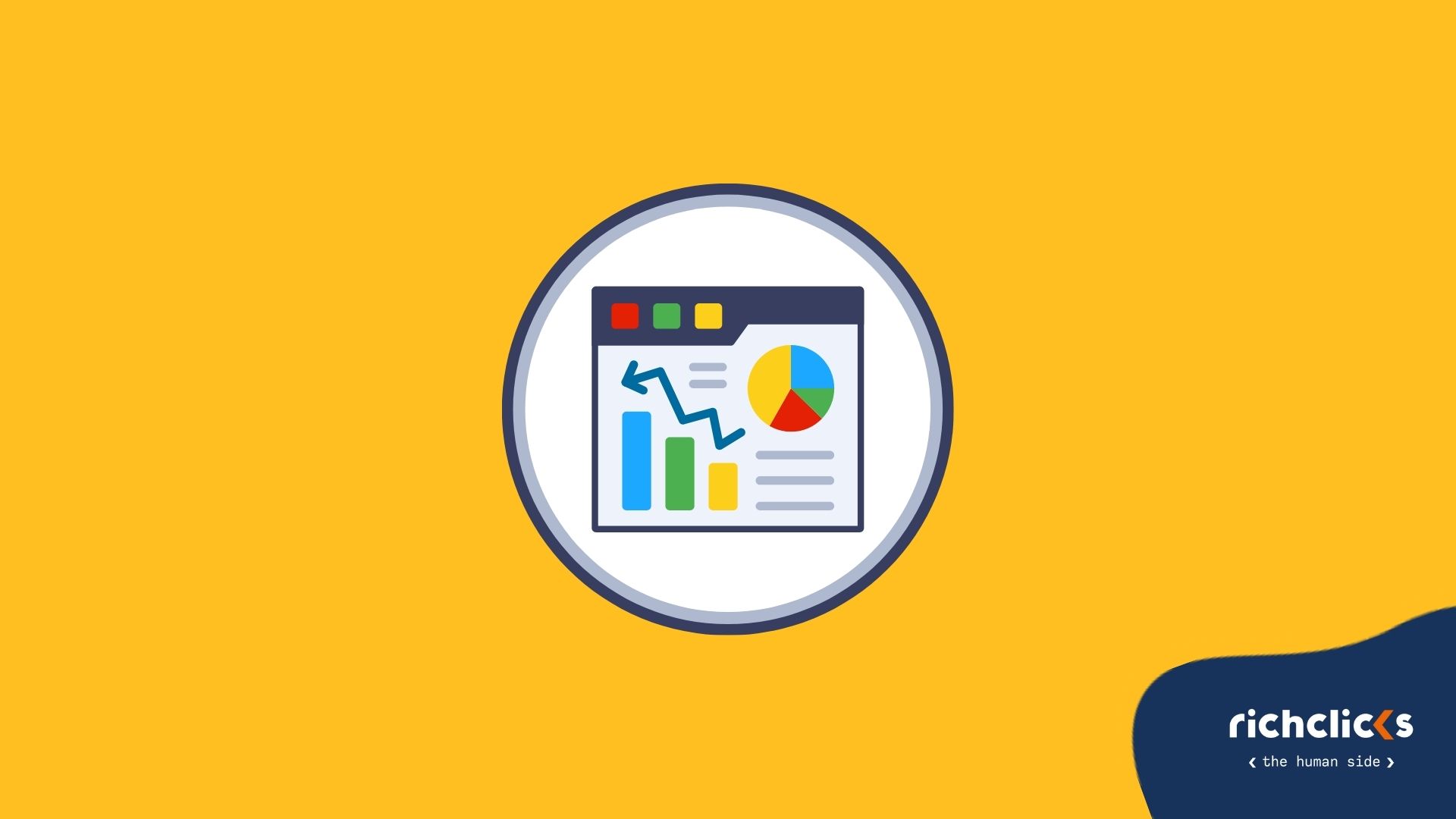Which e-commerce platform to choose?

Best e-commerce platform: choose between cloud commerce and self-hosted platforms (eg. Magento 2.0)
Picking a cloud e-commerce platform is the best choice to whom wishing to expand quickly their e-commerce business, without worrying about server infrastructures, software updates and IT development costs and focusing on their core business: product strategy, digital marketing, relations with clients.
It must have happened anyone to seek for information online on topics related to e-commerce platforms, especially during critical moments, such as the launch of a new project or re-platforming e-commerce already existent, which perhaps was not giving the results expected or merely having been old-fashioned.
Usually, the research on this subject, especially in Italy, is frustrating because the Internet teems with contents, which are often not suitable for whom running either an e-commerce business or managing a structured enterprise.
What is explained by this, is the need to refer to external e-commerce consultants or specialised consulting agencies about these topics (e.g. Gartner, which every year publish an analysis on the best e-commerce platforms, “Magic Quadrant for Digital Commerce”).
This is one of the reasons why, still today, during meetings with clients involved in facing the topic of “the best e-commerce platform to choose”, come out several preconceptions and even false information which would risk getting you make a wrong decision.
Amongst the most common bad choices, there is: the idea that “open source” is absolutely more convenient than a solution on the cloud owner or that “hosted” solutions (e.g. Shopify, but there are many more) would fit small businesses only.
Regarding the first point (“better the open source”), it is an idea which might have been accepted at the very beginning of the digital economy. But, resulting utterly obsolete nowadays, especially to whom in the last years have worked with the so-called open source solutions, become later a big nightmare made of inefficiency and increasing costs.
Magento, for instance, is surely a powerful e-commerce solution, the most widespread and utilised in Italy, although not free. Moreover, the costs of this methodology can be very high, having a growth aligned with your e-commerce business needs.
Updates, integrations, management of the server and IT costs are daily aspects whose is running an e-commerce business on a Magento platform.
Furthermore, when we refer to Magento, we must always remind to distinguish between the Magento Community Version (whose basic free version is not suitable for covering all the necessities of a business) and Magento Enterprise Edition which has a fixed annual cost (more than 20k) instead.
Regarding the second point (“the cloud is for small businesses only), it is a claim which may have a sense on platforms like Shopify or BigCommerce. Even if, specially Shopify, has changed remarkably in the last years allowing the creation of significant projects as well, perhaps with simple catalogues not too broad – but it doesn’t make sense to cloud hosting companies like Demandware Cloud Commerce and Kooomo (a platform born in Italy, but growing all over Europe).
Brands like Adidas, Clarins, Converse, Lacoste, Havaianas, Blumarine, Morrison, Camomilla, La Sportiva, not really small brands, have chosen cloud platforms.
How to choose the best e-commerce platform?
The choice of the best e-commerce platform has to start from a keen business analysis, its objectives and own necessities, avoiding choices in a hustle. Another mistake which enterprises often make, especially in Italy, is to “purchase e-commerce packages full service”, without a technical deepening of what it’s been purchasing (the software solution is acquired within a full package of services, therefore frequently ignored).
First of all, what does cloud e-commerce mean?
Cloud e-commerce platforms come into SAAS software, Software As A service, solutions which work, therefore, on cloud and which allow enterprises to use all the functions and potentialities of e-commerce, but without installing anything on their servers and without back-end development costs. Basically, throughout a simple login, it has given access to all the technology needed to sell online.
It’s surely the future of the e-commerce business, it’s not a case, indeed, that Magento is investing in the cloud as well, through its version of Magento Commerce, momently still on an initial phase.
Costs
Where it is impossible to talk of costs for an e-commerce business without analysing first requirements and necessary integrations, it is possible, though, identify clear cost models related to different solutions.
The investment in a platform “on-premise” like Magento 2.0 is considered a “capital expense”, whereas the investment in a cloud solution is defined “operating expense” (a cost which the firm will continuously be paying over the time). Also thanks to models in revenue share typical of a cloud: it is paid to the platform a (minimal) percentage of the sales, plus an entry fee.
The experience demonstrates that “on-premise projects” add to the start-up costs a bulk of “hidden” expenses which go remarkably over the servers’ maintenance costs: integration, periodical updates, customisation, quick obsolescence of the tailor-made investments on the software, costs to scale the business etc.
Oracle data demonstrate that projects realised on the cloud have an ROI (Return On Investment) 2.1x compared to “on-premise solution”. The factors are different: costs and reduced start-up production time, the capability to offer a high-quality service throughout the time, without typical “interruptions” due to updates or necessity to scale or change the initial projects.
Time to Market
About this point as well, every project have its history, but, usually, a platform on cloud allow to launch even complex e-commerce projects, in 90/120 days, which is a timing hardly reachable with “self-hosted” solutions.
Server and IT knowledge “In-House”
A self “hosted solution” oblige companies to have the necessary IT know-how to handle servers, maintenance and back-end architecture updates, related to the e-commerce. On the contrary, through the solution on the cloud, all this part is comprised and guaranteed by whom make the software available.
Omnichannel
Solutions on the cloud are largely more utilised for the realisations of omnichannel projects.
This characteristic is indeed, one of the strengths of Cloud Commerce by Salesforce (which have realised many omnichannel projects in Italy (eg. Boggi) and Kooomo Cloud Commerce, which is building significant projects in Italy and the UK.
Support
All the platforms on the cloud have a support 24 hours a day, seven days a week. This means that it guarantees the stability of your e-commerce system in time and during weekends and holidays as well. It is their responsibility and is part of the agreement which brands sign with platforms. A point not to underrate, because it can make the difference during periods of high peaks in the sales, where even few hours of server down can make the difference on your account balance.
Conclusions
To conclude, the e-commerce platform which you’ll choose for your brand couldn’t be decisive alone for the success of your project. It exists successful e-commerce business and who haven’t worked well instead, on each of the platforms cited. Magento, Kooomo, Shopify, Demandware etc. Although, the choice of the platform could make the difference on your account balance, allowing to allocate differently the available budget depending on your necessities for the next 3-4 years (for example reducing the iT costs it will be possible to invest more in marketing and customer acquisition).
Moreover, the fundamental characteristics to evaluate are:
Expectable and stable management costs
“I want a software which can guarantee stable costs throughout time, thus expectable and plannable, in order not to have surprises on my account balance”.
Scalability
“I want an e-commerce software which can sustain my business growth without exceptions and further (unexpected) costs, especially if things start to work well”.
Always updated
“I want an e-commerce platform which can always be updated and which could help me to face periodically (1, 2 years) important updating investments to keep up with times”.
Whether you think these are the most important characteristics which may help you develop your online business, make yourself know the only answer to your questions is what we suggest you at Rich Clicks: choose a cloud e-commerce platform.

















